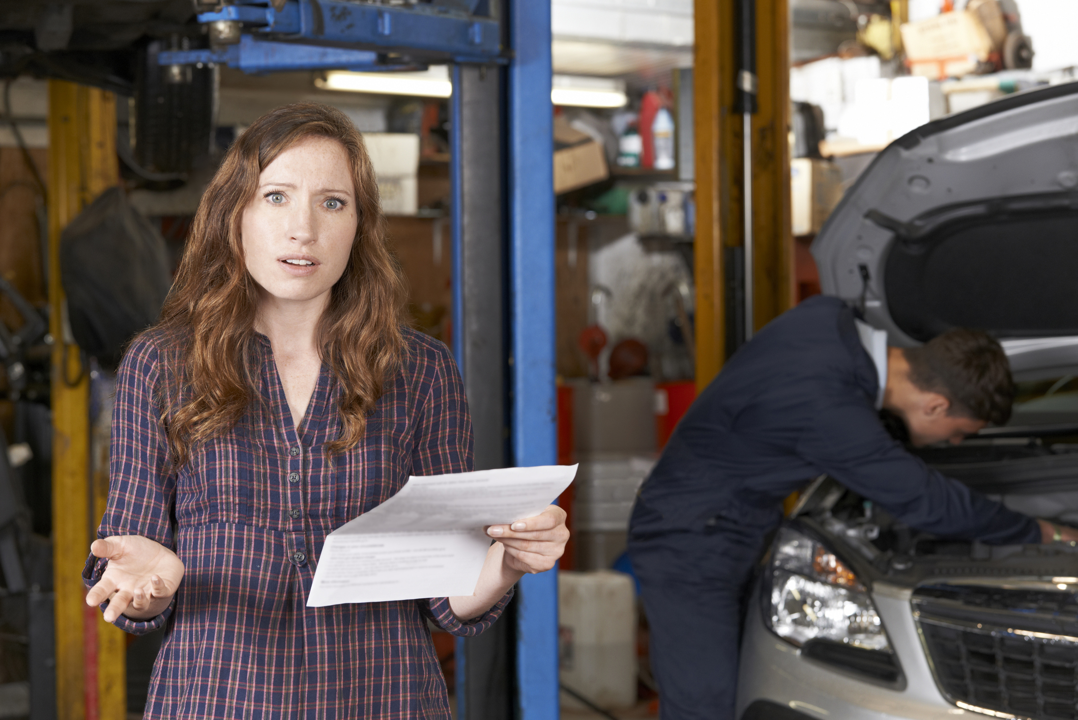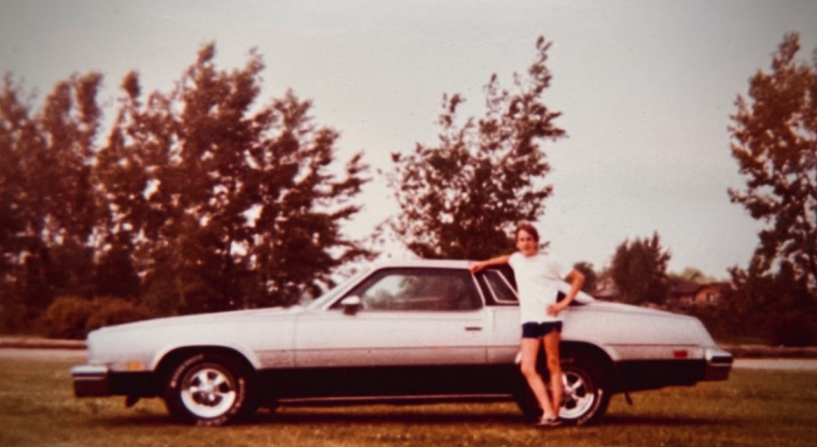If Dealerships Make You Anxious, You’re Not Alone
We are roughly twice as likely to have anxiety when going to a shop than the dentist!

Before building Raise a Hood, we spoke to many vehicle owners to better understand their concerns, fears, and preferences in vehicle care and maintenance. Almost 300 million US-registered cars are on the road today, with 50 million still under the manufacturer's warranty. Furthermore, America spends $20 billion annually on extended warranties covering an additional 50 million vehicles. We focus on these remaining 200 million Americans who drive vehicles not covered by manufacturers or extended warranties. When their car or truck breaks down, it's coming from their pocketbook, and they constantly balance the costs of proactive maintenance and repairs. When something significant goes wrong with their vehicle, and they face repairs bills often over $1000, it's a stressful period, and organizations seemingly line up to profit from their misfortune.
We interviewed over 1000 people, and the results below are from the 600 people in the study who no longer have any warranty on their vehicle; they are making every decision knowing they are fully financially responsible. Here is what we learned:
1. We’re anxious.
Most people can relate to this from first-hand experience, standing on the other side of the service manager, waiting to hear the bad news. They will soon need to decide what to do next: agree to everything the service manager recommends at the high-margin price, determine what repairs to postpone, or "drive it and pray." The research proves your fears are common; 82% (M-80%/F-84%) of consumers sometimes or always feel frustrated, vulnerable, and anxious when going to a shop. In contrast, fewer people have positive feelings of relief, with only 80% (M-82%/F-80%) of consumers sometimes or always feeling relieved after going to the shop.
In comparison, according to the National Institute of Health (PMC5586885, Jul'14), only 36% of the population have dental fear or anxiety.
To put this another way, we have more negative feelings when going to the shop than feelings of relief, and we are roughly twice as likely to have anxiety when going to a shop than the dentist! These statistics do not speak highly of most shops, but the open question is; why?
2. We don’t trust the price.
When servicing their vehicle at the shop, we asked if they felt they were sold unnecessary parts and services that were only included to increase their profitability. A resounding 65% (M-64%/F-66%) said such unfair pricing behaviors happened sometimes or all of the time. Combined with the anxiety question results, it's no surprise that people sometimes avoid maintaining their vehicle. Imagine any other service sector surviving with the same reputation; can you run a profitable restaurant knowing that 83% of your customers feel anxious when visiting your dining establishment and 65% believe you are dishonest when delivering the bill?
3. We’re an industrious group.
According to Hedges & Company, the light-duty auto parts industry was $342B in 2022, with almost $20B of parts sales delivered by online merchants. But we wanted to understand how many were completing their own repairs given the trust and anxiety issues outlined above. DIY’ers purchase parts from dealerships, traditional retailers, and online. However, dealerships, independent shops, and installers buy from the same sources, so it's not widely known what percentage of the population leverages DIY for most of their service. Through our primary research, we discovered 18% (M-24%/F-12%) of owners are highly industrious and take the lead on your vehicle maintenance. Some of the gender-biased behavior followed social norms; men were slightly more likely to leverage DIY than and dealership (24% DIY vs. 23% dealership), whereas women were almost three times more likely to go to the dealership than to DIY (12% DIY vs. 31% dealership). You should be proud if you are the 1 in 5 people who use DIY as your primary maintenance source because many more wish they had your talents, which leads us to the final learning…
4. We want to embrace more DIY.
Is this surprising? Consider that Home Depot has annual sales of $155 billion, built on a motto of "You can do it. We can help." and now the more modern "How Doers Get More Done." DIY is effectively their company tagline. While vehicle care is perceived to be more difficult than home repair, that is not always true, and there is an element of intimidation and lack of quality guidance preventing people from tackling automotive projects. While only 18% of people are active in automotive DIY, 64% (M-70%/F-56%) expressed interest in more DIY if they had access to the correct easy-to-understand information coupled with telemechanics for more complex questions. It's not a surprise that the interest grows for those not yet of retirement age; under age 55, interest in DIY increases to an astounding 83% (M-91%/F-76%). It is fascinating to note the underlining income levels: those expressing an interest in DIY had an average income of $7k/yr higher than those who did not. In other words, DIY'er's interest was not from a perspective of frugality or wanting to cut corners; instead, they were trying to be industrious and save their money to apply it in more beneficial ways. "A penny saved is a penny earned," and automotive care is an excellent way to save a lot of pennies.
We founded Raise a Hood to help both the DIY community and the non-DIY’ers looking for better answers at the shop. At Raise a Hood, we want to get to the root of your automotive problem with community learnings and artificial intelligence, so you can make the wisest decision in just a few clicks and save yourself $1000’s
KEYWORDS:
RELATED ARTICLES
Join the conversation, and share more learnings
Login to join the conversation



This was an interesting read,
@Michael is a good guy
nice article
Great read!
test by faisal
@Michael this is a test
The @ doesn't work in replies
Loved this article! keep it up!
First Main comment
thanks